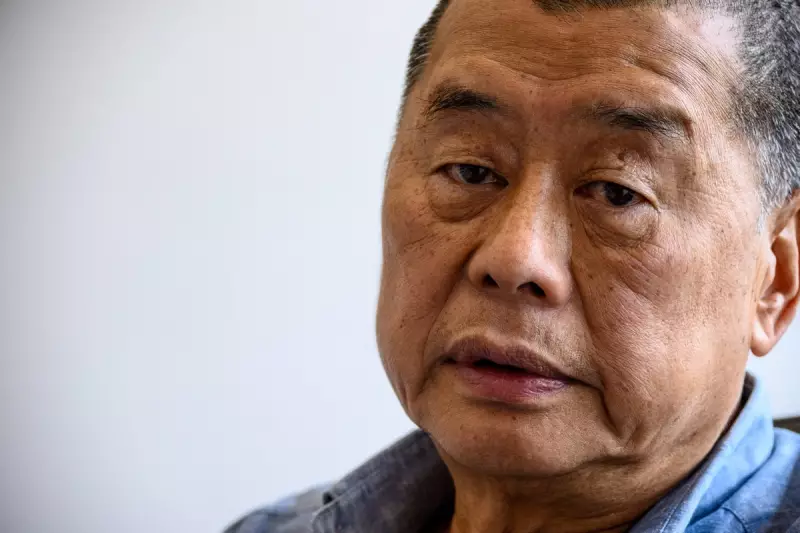
Sir Keir Starmer is facing a firestorm of criticism for what commentators are calling a deeply troubling silence on the brutal persecution of British Hong Konger and media magnate, Jimmy Lai. This calculated reticence, critics argue, signals a dangerous willingness to appease the Chinese Communist Party at the expense of fundamental British values.
The case of Jimmy Lai, the 76-year-old founder of the pro-democracy newspaper Apple Daily, has become a litmus test for Western leaders. Arrested under Beijing's draconian National Security Law, Lai faces a show trial and a life sentence in a case universally condemned as politically motivated. His true crime? Courageously criticising the CCP's erosion of Hong Kong's freedoms.
A Deafening Silence from the Labour Leader
While Foreign Secretary David Cameron has explicitly called for Lai's release, Sir Keir's response has been conspicuously absent. This isn't merely an oversight; it is viewed by foreign policy experts and human rights advocates as a strategic choice. The Labour leader's team reportedly believes that directly confronting Beijing over Lai could destabilise delicate diplomatic channels.
This realpolitik approach has backfired spectacularly, painting a picture of a future Prime Minister prepared to sacrifice a British citizen and the principle of a free press on the altar of economic and diplomatic convenience with an authoritarian regime.
The Chilling Message to Beijing and British Citizens
Starmer's stance sends a chillingly clear message: that under a potential Labour government, standing up to bullies is optional. This moral equivocation undermines the UK's longstanding role as a global champion for human rights and empowers Beijing to continue its crackdown with impunity.
Furthermore, it abandons Jimmy Lai, a man who held a British National (Overseas) passport and whose newspaper was a beacon of liberty, to his fate. It tells the world that British passports and the values they represent are negotiable if the geopolitical price is right.
A Cross-Party Call for Moral Clarity
The issue has united voices from across the political spectrum. Senior Tories and prominent human rights organisations are demanding Starmer find his voice. They argue that leadership is not about avoiding difficult conversations but about defining and defending core principles—especially when it is hard.
The defence of press freedom and the right to dissent should be non-negotiable tenets of British foreign policy, regardless of which party is in power. Starmer's current position suggests a troubling flexibility on these bedrock ideals.
The world is watching. The treatment of Jimmy Lai is a blatant assault on liberty, and silence in the face of such injustice is complicity. For a man who would be Prime Minister, Sir Keir Starmer's continued hesitation on this matter is not just a political misstep; it is a profound failure of moral leadership.





